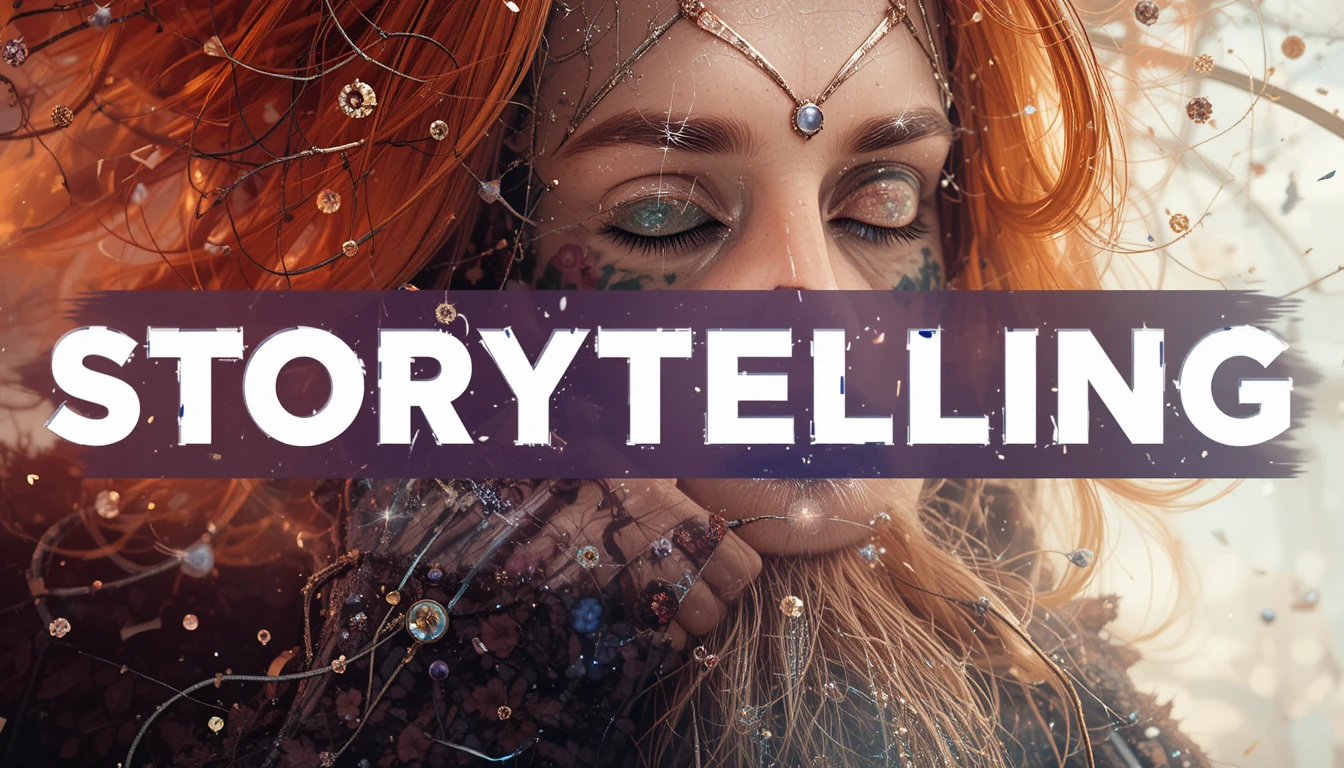Storytelling is one of the most powerful tools humans have used for centuries to share knowledge, inspire change, and connect. Whether in personal relationships, business, education, or media, storytelling creates lasting impressions and evokes emotional responses. This article will dive deep into the profound impact of storytelling and provide 10 actionable tips to enhance your storytelling skills for a stronger impact.

Table of Contents
Why Is Storytelling Important?
Storytelling bridges gaps builds trust, and fosters human connections. A well-told story can:
- Engage Audiences: Capture attention and hold it.
- Evoke Emotions: Inspire joy, sadness, anger, or excitement.
- Communicate Messages Clearly: Simplify complex ideas into relatable narratives.
- Create Memorable Experiences: Leave a lasting impression.
From ancient cave drawings to today’s social media platforms, storytelling continues to evolve, but its core purpose remains unchanged: to connect and communicate.
Master the Impact of Storytelling
- Understand Your Audience: Before crafting your story, you need to know your audience. What are their preferences, pain points, and interests? Tailor your narrative to resonate with them.
- Start with a Hook: The first few seconds of your story are crucial. Begin with a statement, question, or anecdote that grabs attention immediately.
- Use Relatable Characters: People connect with characters they can see themselves in. Create relatable personas with emotions, desires, and struggles.
- Emphasize Emotions: Stories that evoke emotions are more impactful and memorable. Use words and scenarios that trigger empathy, excitement, or curiosity.
- Keep It Simple and Clear: Avoid overwhelming your audience with complex details. Focus on one core message or theme.
- Include Conflict and Resolution: A compelling story often has a problem or conflict followed by a resolution. This structure keeps the audience engaged.
- Use Visuals: Visuals like images, graphics, and videos enhance the Impact of Storytelling by providing context and engaging the audience visually. (e.g., charts, photos, illustrations).
- Be Authentic: Authenticity builds trust. Share genuine experiences and be truthful in your storytelling.
- Tip: Personal stories often resonate better because they feel real.
- Make It Interactive: Encourage your audience to participate. Ask questions or include interactive elements like polls and quizzes.
- End with a Powerful Conclusion: Leave your audience with a memorable takeaway or call-to-action (CTA).
The Science Behind Storytelling
Storytelling impacts our brains in profound ways. Neuroscientists have found that:
- Dopamine is Released: When a story evokes emotion, dopamine strengthens memory and retention.
- Mirror Neurons Activate: These neurons help us empathize with characters and connect emotionally.
- Cortical Activity Increases: A well-told story engages multiple areas of the brain, fostering understanding and engagement.
Real-World Examples of Storytelling Impact
- Marketing and Branding: Brands like Nike and Apple have mastered storytelling to connect emotionally with their audience. Instead of just selling products, they share inspiring stories that align with their values.
- Education: Teachers use storytelling to simplify complex topics and make lessons more engaging. Stories help students visualize concepts and retain information.
- Leadership: Great leaders use storytelling to inspire teams, communicate visions, and drive change. For example, Martin Luther King Jr.’s “I Have a Dream” speech is a powerful narrative of hope and equality.
Conclusion:
The impact of storytelling is undeniable. Whether you’re sharing a personal anecdote, crafting a marketing campaign, or teaching a lesson, these tips can help you connect with your audience on a deeper level. By understanding your audience, focusing on emotions, and being authentic, your stories can leave a lasting impact.
FAQ
What is the Impact of Storytelling, and why is it important?
The impact of Storytelling is sharing narratives to convey messages, evoke emotions, and create connections. It is important because it helps simplify complex ideas, engage audiences, and inspire action.
How can I improve my Impact of Storytelling skills?
You can improve your Impact of Storytelling skills by understanding your audience, using relatable characters, incorporating emotions, and practicing regularly. Following the 10 tips shared in this article can also help.
Can the Impact of Storytelling be used in business?
Yes, storytelling is a powerful tool in business. It can be used for marketing, branding, leadership, and team building to create meaningful connections and communicate visions effectively.
Why are visuals important in storytelling?
Visuals enhance storytelling by providing context, making content engaging, and helping the audience visualize concepts. They also improve retention and understanding.
How does storytelling affect the brain?
Storytelling activates multiple areas of the brain, releases dopamine to strengthen memory, and engages mirror neurons that foster empathy and connection.



